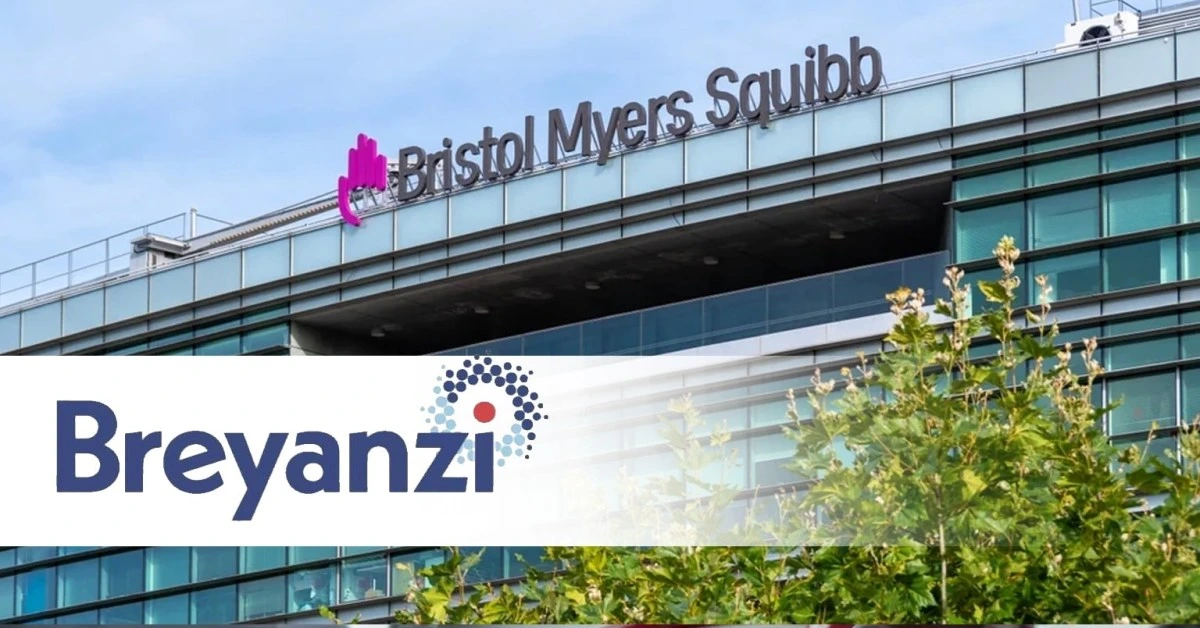
U.K. – Hundreds of patients with a type of lymphoma in England will now have access to Bristol Myers Squibb’s (BMS) CAR-T cell therapy, Breyanzi, after the National Institute for Health and Care Excellence (NICE) approved its funding under the National Health Service (NHS).
In its final guidance released today, NICE recommended Breyanzi (lisocabtagene maraleucel or liso-cel) for patients whose large B-cell lymphoma has either not responded to initial treatment or returned within 12 months.
This decision makes Breyanzi the first CAR-T therapy to be approved for this specific group of patients. NICE estimates that around 600 people per year in England will now have this treatment option.
A more accessible and less toxic treatment
The new approval applies to patients with diffuse large B-cell lymphoma, high-grade B-cell lymphoma, primary mediastinal large B-cell lymphoma, and grade 3B follicular lymphoma, provided they are eligible for a bone marrow transplant. This is a more limited use than Breyanzi’s fully approved indication.
Initially, NICE had rejected Breyanzi because it was not considered cost-effective. However, BMS later negotiated a better commercial agreement with the NHS, prompting the agency to reverse its decision.
The therapy, which has a list price of £297,000 (around US $375,000) per patient, will now be funded through routine NHS commissioning.
In the meantime, patients can access it through the Cancer Drugs Fund (CDF) while NHS funding arrangements are finalized within 90 days.
Patient groups and experts welcome the decision
The approval has been met with support from patient organizations. Blood Cancer UK highlighted that for patients whose lymphoma has worsened after first-line chemotherapy, Breyanzi offers a more convenient and manageable alternative to existing treatments, which often require multiple hospital visits and long cycles of intensive chemotherapy.
Josh Hill, a policy officer at the charity, welcomed the decision, explaining: “Many of the existing treatments are extremely toxic to human cells, so we welcome this decision, which means there are more treatment options for people with blood cancer in England.”
Meanwhile, Lymphoma Action noted that similar approvals could follow in Wales and Northern Ireland, which often adopt NICE decisions.
However, the Scottish Medicines Consortium (SMC) has yet to make a decision on Breyanzi’s use in Scotland.
Improved remission and survival chances
Experts have also praised Breyanzi for its effectiveness and lower toxicity compared to existing treatments.
Professor Chris Fox, a consultant hematologist at Nottingham University Hospitals NHS Trust, said: “Liso-cel delivers high rates of complete remission and offers patients improved chances of long-term survival.”
He added that the therapy is also better tolerated, leading to fewer serious side effects than current lymphoma treatments.
XRP HEALTHCARE L.L.C | License Number: 2312867.01 | Dubai | © Copyright 2025 | All Rights Reserved